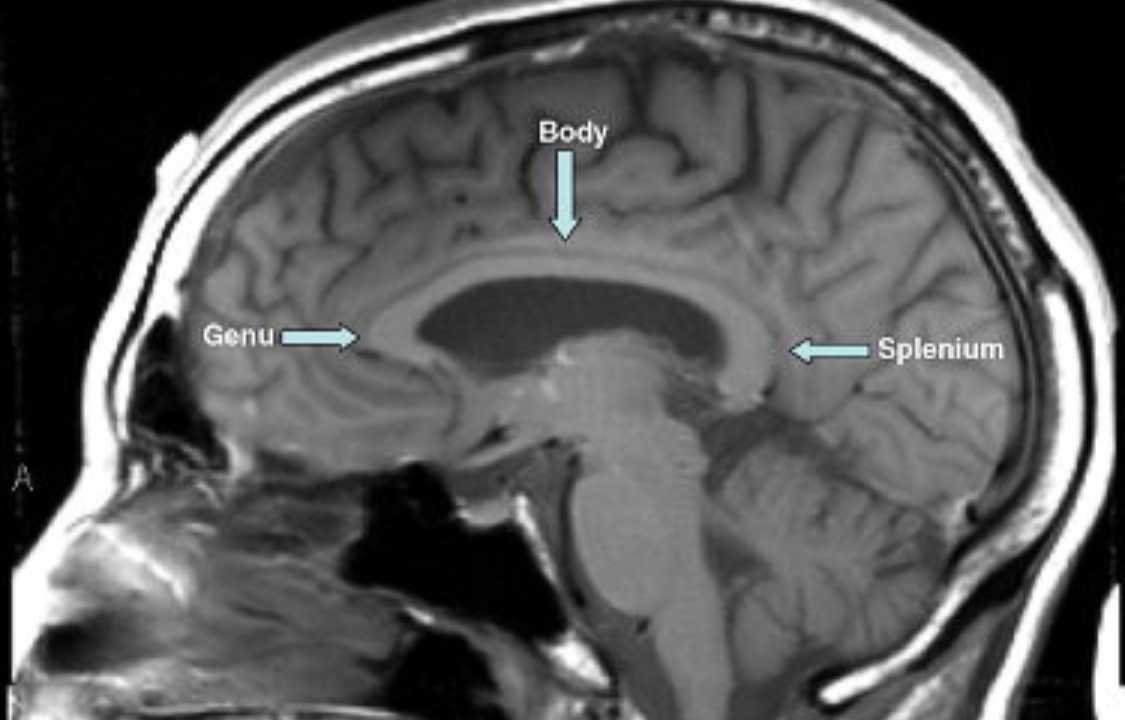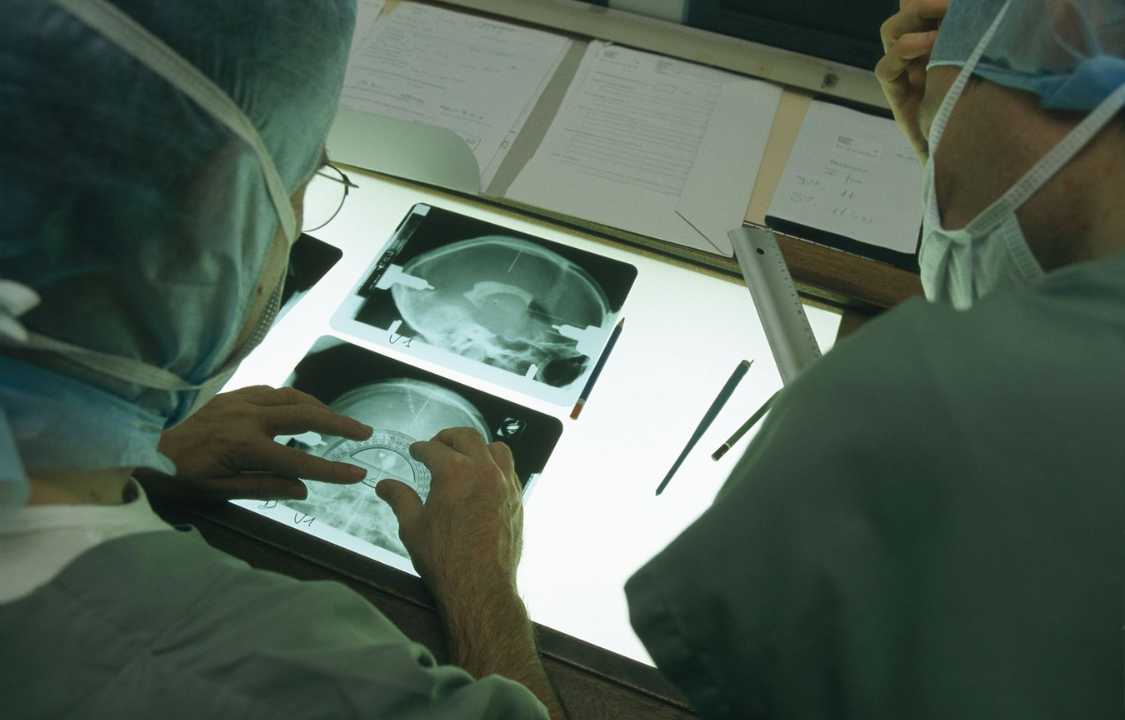The terms “addiction,” “tolerance,” and “physical dependence” are often used interchangeably, particularly in the context of drug and alcohol use. However, these terms have distinct meanings, and understanding the differences between them is essential for effectively addressing substance-related issues. By clarifying these concepts, individuals can gain a more accurate understanding of their own behaviors, and […]
Category Archives: Brain
ADHD, or Attention Deficit Hyperactivity Disorder, is a neurodevelopmental condition that affects numerous children and adults globally, disrupting their daily lives with symptoms such as inattention, hyperactivity, and impulsivity. The underlying causes of ADHD are multifaceted and have been a subject of extensive research. One intriguing avenue of study has led scientists to explore the […]
Epilepsy, a neurological disorder characterized by recurrent seizures, can manifest in various forms, some of which are uncontrollable and life-altering. Among the myriad treatment options available, corpus callosotomy, sometimes referred to as split-brain surgery, stands as a profound intervention. This surgical procedure involves the severing of the corpus callosum, a bundle of nerve fibers deep […]
Brain injuries can inflict life-altering repercussions on an individual’s life and the lives of their family and loved ones. The physical, mental, and emotional distress stemming from brain injuries is often overwhelming. However, in the face of such adversity, there is a beacon of hope. Legal professionals, with their expertise, can be the guiding light […]
Dyslexia, a complex learning disorder, manifests as difficulty in reading, stemming from challenges in identifying speech sounds and understanding their correspondence to letters and words (decoding). Commonly known as a reading disability, dyslexia is rooted in individual differences in the brain regions responsible for language processing. It’s crucial to note that dyslexia is not indicative […]
Success is not merely the result of luck or circumstances; it is often the outcome of deliberate mental conditioning and training. Your brain, like any other muscle, can be developed and honed to achieve greater heights. In this comprehensive guide, we will discuss seven effective strategies for mind training that can assist you in realizing […]
The treatment can be “life-changing” for some—but it’s not without risks. Obsessive-compulsive disorder (OCD) can be a relentless and debilitating condition for those who suffer from it, particularly in severe cases where conventional treatments have yielded limited results. However, there is newfound hope in the form of deep brain stimulation (DBS), an innovative therapeutic approach. […]
Parkinson’s disease, a multifaceted neurodegenerative disorder, casts a pervasive shadow over the lives of those it afflicts. Characterized by a constellation of debilitating symptoms, including trembling, muscle rigidity, bradykinesia (slow or interrupted movements), and postural disturbances, it significantly impairs both physical and cognitive function. This article embarks on a comprehensive journey to delve into the […]
Facing a brain injury is an intricate journey that can significantly alter one’s life, affecting both physical and mental capacities. Whether the injury is a concussion or a traumatic brain injury, the path to recovery demands patience, time, and professional guidance. Nevertheless, individuals who have experienced such injuries can take proactive measures to expedite their […]
Dementia can occur in later stages of Parkinson’s disease and may cause hallucinations, confusion, agitation, and memory loss. Parkinson’s disease is a complex and multifaceted neurological condition that affects a significant portion of individuals. While it is primarily recognized for its characteristic movement symptoms, such as resting tremors, stiffness, and balance and coordination difficulties, it […]










